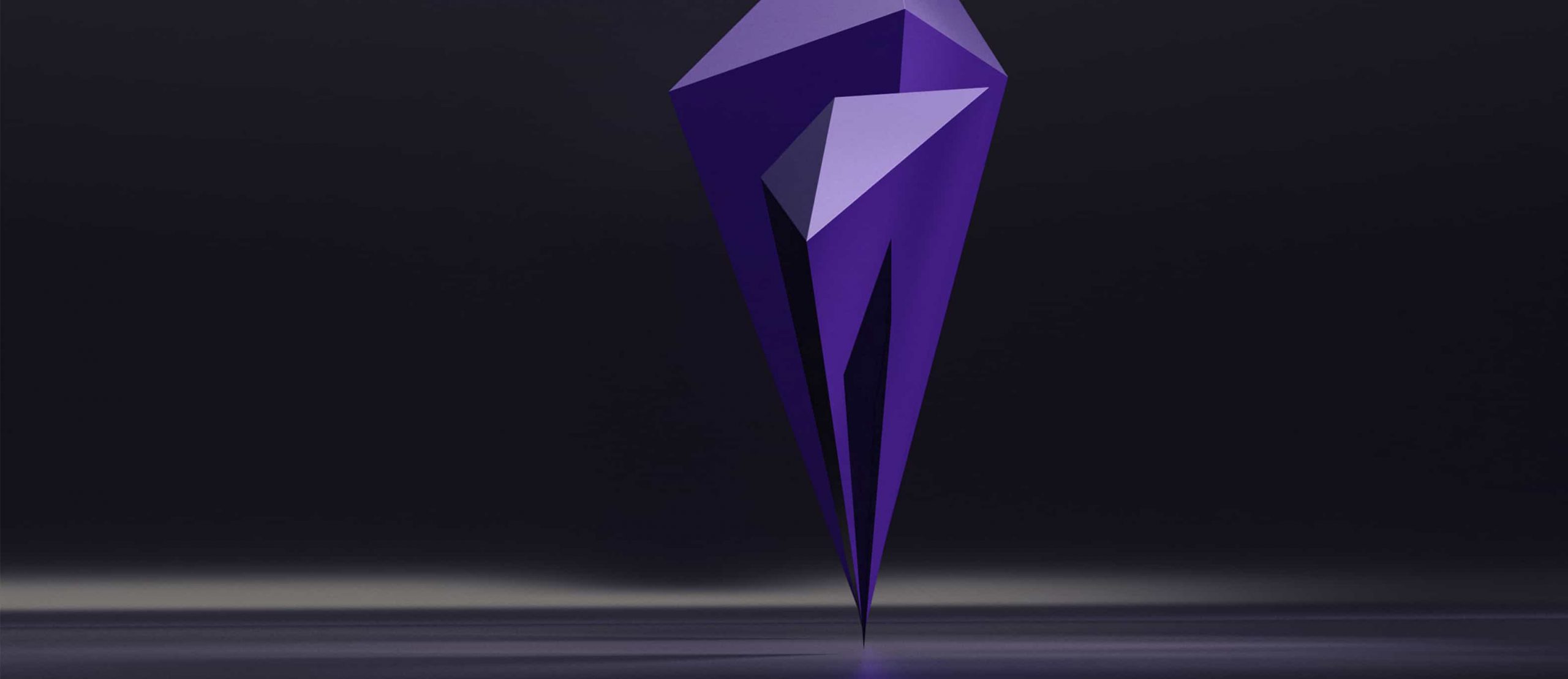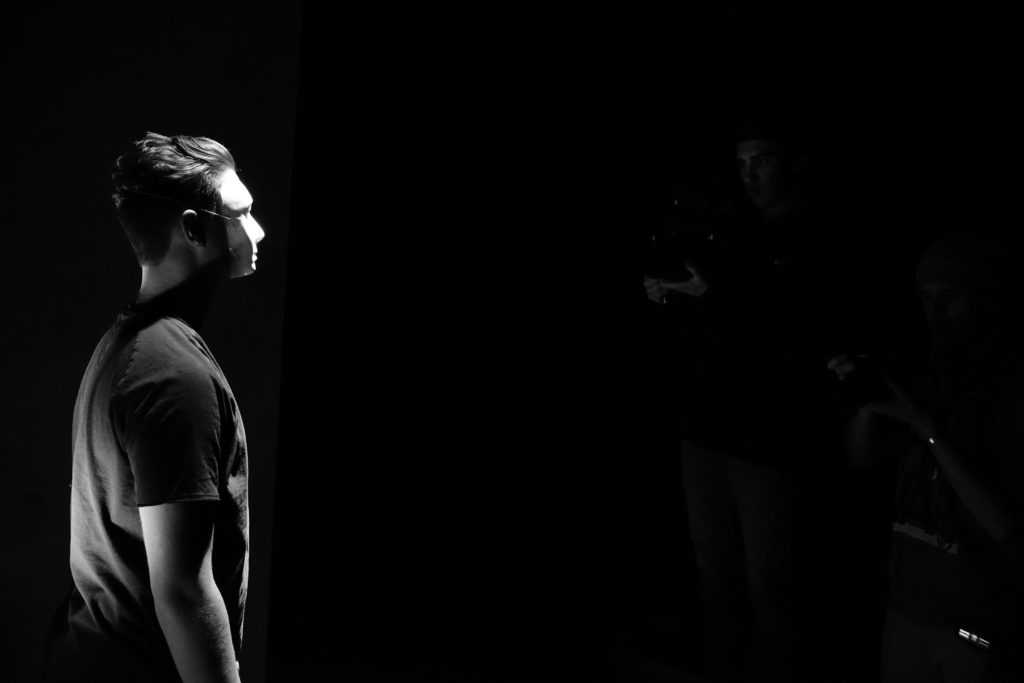
The fool-proof guide to preparing for interview
The fool-proof guide to preparing for interview
May 12, 2022

If WatchMojo were to make a YouTube video listing off the ten worst feelings ever, walking totally unprepared into an interview would definitely be up there. The sense of utter helplessness as you shake hands with a total stranger, palms sweaty, having done little to no research on the company or role, is similar to the feeling of walking into battle unarmed.
To avoid the inevitable train wreck that results from a lack of preparation, go into your interview fortified by the knowledge that you’ve done everything in your power to make it a success. There are steps you can take to lay the groundwork for a positive interview experience. Read on to arm yourself with a fool-proof interview toolkit.
Do your research
Prior to your interview, take time to thoroughly research the company you’ll be interviewing with. Develop a strong understanding of the company; an understanding that extends far beyond the company ethos plastered all over their website homepage.
Broaden your research beyond the scope of the company’s own ‘About us’ section: seek out developments in the press, learn about their main competitors, uncover the history of the company, and build a strong knowledge of the industry they operate in. Read the company blog, or visit their Instagram and LinkedIn pages; you can gauge a great deal from the tone they adopt on these platforms.
Go above and beyond in your research, so that you can confidently state why you want to work there, and why you envision yourself being an asset to the company.

If you really want to deep dive into your research, try and find out who will be interviewing you if you can, and look them up online. If you’re able to pinpoint common interests or hobbies, this will stand you in good stead when it comes to forging a genuine connection with your interviewer. You may come across some of their work you find particularly interesting, or learn about a project of theirs that inspires you. If you’re able to bring this up at interview, you’ll build a nice rapport with your interviewer and create a positive first impression. Not only does it show that you have a genuine interest in the company and its employees, but it also demonstrates a great deal of initiative.
However, don’t overdo it. If you strut into the office and recite a pre-prepared gushing monologue about the achievements of your interviewers, proudly proclaiming your mutual interests and passions, you’ll come across as inauthentic, as someone feigning interest in the company solely for the sake of getting into their good books. If you’ve really done your homework on the company and its employees, just let your knowledge come out naturally in the course of the interview, so that it rolls off the tongue rather than being blurted out in the first five minutes.
Don’t underestimate the power of the job description
The job advert that you initially responded to is one of the most beneficial weapons in your arsenal when it comes to preparing for interview. It’s quite literally a blueprint of everything the company is looking for, in the palm of your hands.
You have a list of the key attributes and skills that the company is looking for, right in front of you. Use this to your advantage, tailoring your behaviour and responses to questions so that you can tie it back to fit as closely as possible with their description of the ideal candidate. The job description is your bread and butter; study it religiously, so you go into the interview knowing exactly what they want and how you can play up your assets that fit this expectation.
You may have your very own tried and tested elevator pitch, your 30-second self-advertisement that sums up why you’re a fabulous candidate for any role. However, it’s wise to tweak and adapt your elevator pitch according to the job ad. Shine the spotlight on the parts of your pitch that emphasise your suitability for the role, whilst minimising the aspects that may seem less relevant. You don’t want to be regurgitate the same pre-prepared speech without any forethought.

If you notice you don’t meet every aspect of the job description to the letter, don’t fret. As long as you’re aware of this beforehand, you can prepare for this potential stumbling block. If you don’t have the exact experience they’re asking for, try and adapt your answer around similar experience that you do have. If you don’t have skills using a particular software, think of a similar software that you do have experience using. As long as you’ve prepared an answer for these gaps in your resume, you won’t be left speechless when asked about them.
Don’t fight the nerves, but don’t fuel the fire
Nerves can actually be beneficial when it comes to attending a job interview, so if you’re nervous, own it. In the moment, nerves can actually light a fire under you, motivating you to put your best foot forward. You should probably be nervous if you aren’t nervous, actually.
However, it’s easy for nerves to spill over into excessive fear, which can hinder your performance in interview. It’s wise to do all you can to limit stress in the areas which you can control, so that you don’t end up adding fuel to the fire.
On a practical level, there are a few steps you can take to keep nerves at bay. Bring a bottle of water with you, to avoid your mouth going dry. Pack your bag the night before, and make sure you’ve checked off everything you need. Plan your outfit ahead of time too in order to avert a wardrobe crisis; make sure you know what kind of dress code you’re expected to follow, getting in touch with the company to ask if you’re not sure already. Remain hyper-cautious about the time it’s going to take you to get to the interview, if it’s face-to-face; do a trial run of the journey if you can, or leave plenty of time so that you have room for error. If your interview is on Teams, ensure that your equipment is all functioning A-OKAY beforehand.

And most importantly, try and keep things in perspective. Even if the interview does go badly, it really isn’t the end of the world. If anything, any experience is good experience, and it’s a chance for you to finetune your interview skills, even if it doesn’t go exactly to plan.
Preparation with a sprinkle of spontaneity
Though there will be aspects of an interview that you cannot prepare for, it’s a good idea to play it safe and prepare for the parts you can. Above all, make sure you know what the format of the interview is going to look like: will it be competency-based, will it involve psychometric tests? Have a broad sense of what to expect from the interview type, so that you can get a lay of the land beforehand.
There are a few core questions that always tend to rear their head in interviews. Answering broad stroke questions such as ‘tell me about yourself?’ or ‘what is your biggest weakness?’ is a rite of passage in any interview. Make sure that you have the bare bones of an answer for these very general staple questions; prepare for them, but make sure that you don’t learn your answers off by heart, as you want to maintain a spontaneous edge. Be responsive so that you create a dialogue with your interviewer, a back-and-forth rather than a one-way monologue where you’re reciting word-for-word pre-planned answers.
Prepare a cheat sheet that you can refer to during the interview, keeping it on hand so that you can sneak a glance every now and then, should your mind go blank. It shouldn’t be a list of full sentence answers, like a script for you to read off. It should rather be a point of reference, a source for facts and figures to back up your STAR answers. Revise your career chronology beforehand, so that when asked about your experience, you’re confidently able to pluck examples out of thin air.
When the interview draws to a close, seize the opportunity to pose your interviewer with a series of well-thought out, insightful and interesting questions.
And ultimately, trust yourself in the moment. You could do all the preparation in the world, and it still may not go the way you expected. Just know that, should you follow all these steps, you’re walking into battle armed with the best weapons and armour in your arsenal.

